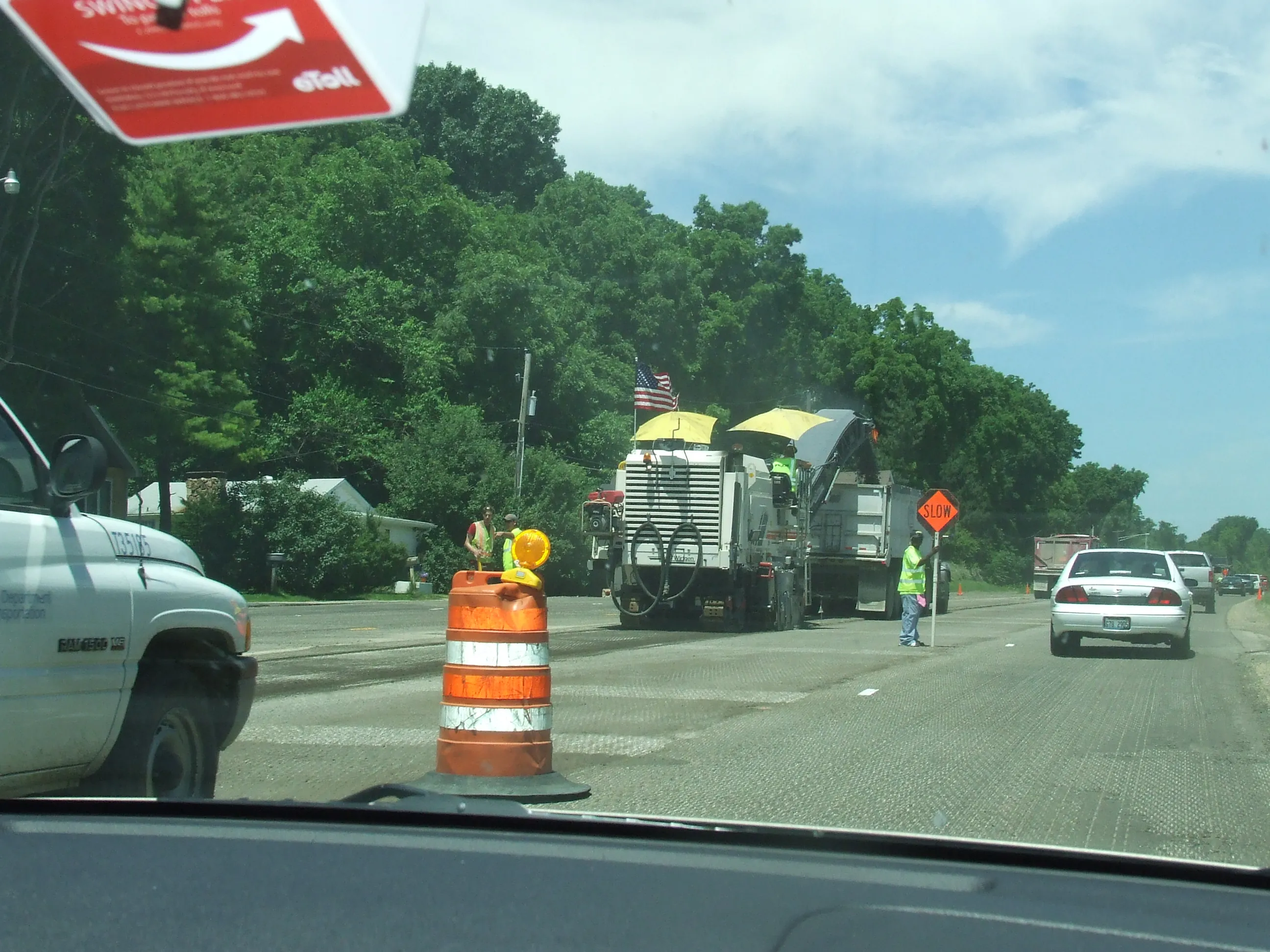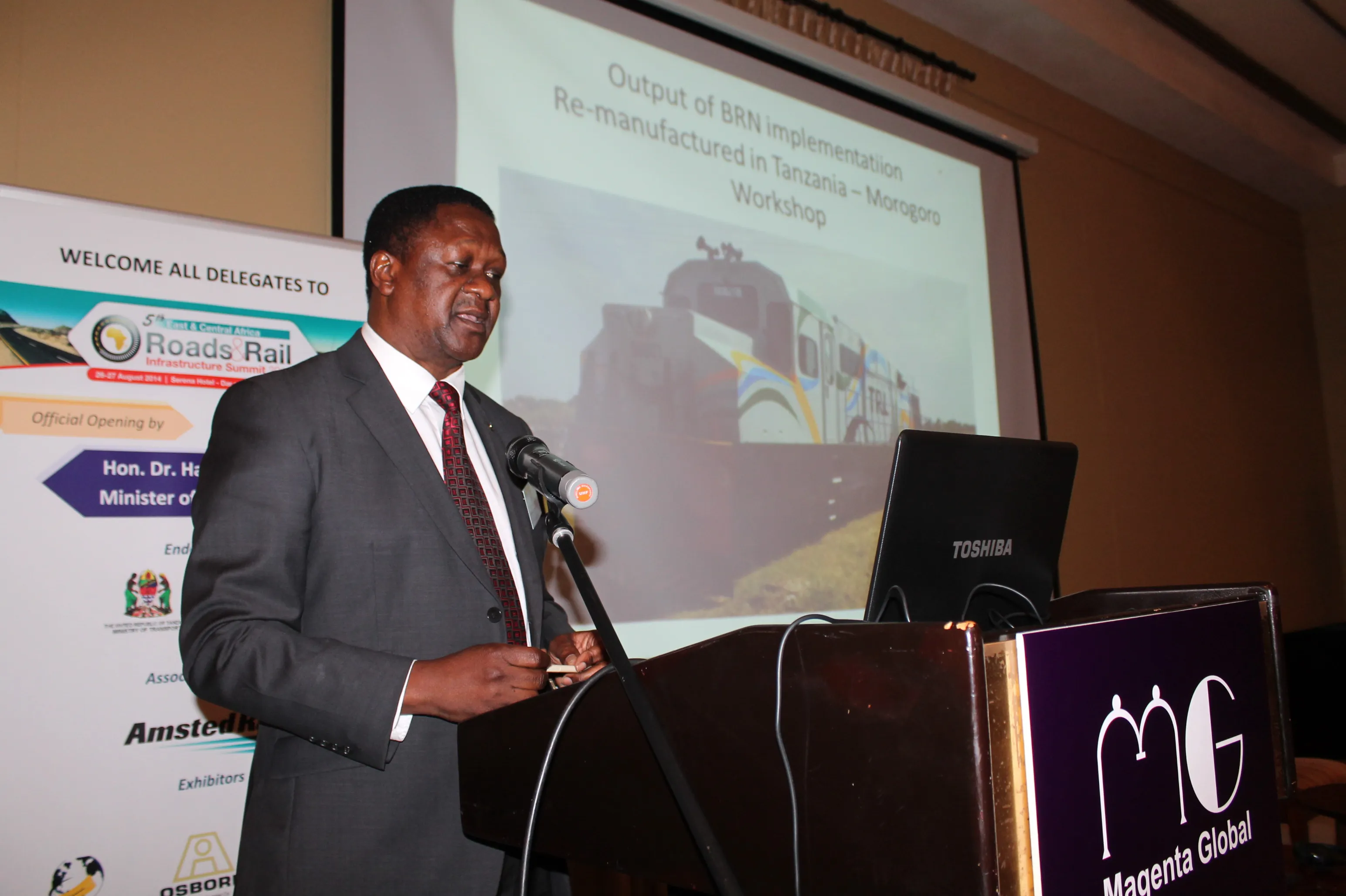The American Road & Transportation Builders Association (ARTBA) is calling for changes by which the federal Clean Air Act (CAA) sets National Ambient Air Quality Standards (NAAQS). The CAA was last amended in 1990 but ARTBA says that official data shows that there has been an increase in distances driven as well as a significant reduction in air pollutants since that time.
In a statement submitted for a House Energy & Commerce Committee hearing on modernising environmental laws, ARTBA said: “Overall, th
February 20, 2017
Read time: 2 mins
The American Road & Transportation Builders Association (ARTBA) is calling for changes by which the federal Clean Air Act (CAA) sets National Ambient Air Quality Standards (NAAQS). The CAA was last amended in 1990 but ARTBA says that official data shows that there has been an increase in distances driven as well as a significant reduction in air pollutants since that time.
In a statement submitted for a House Energy & Commerce Committee hearing on modernising environmental laws, ARTBA said: “Overall, the Environmental Protection Agency must reform the manner in which it reviews NAAQS. Local officials need some sense of predictability in order to develop long-range transportation plans to achieve emissions reduction goals. In many instances, counties are focusing on addressing existing NAAQS and any additional changes to the standards are akin to moving the goalposts in the middle of the game.”
ARTBA noted unduly stringent standards can actually impede transportation projects that are aimed at reducing congestion and improving air quality from moving forward. Such improvements will not be realised if projects cannot go forward. “A complete analysis of potential NAAQS revisions should include the effects of the potential for increased unemployment, reduced congestion relief and weakened public safety,” ARTBA said.
The association also addressed flaws with the existing “transportation conformity” process, which governs how counties comply with CAA standards.
“The problem with the existing conformity process is caused by the fact that some have tried to turn these determinations into an exact science, when they are not. Rather, conformity findings are based on assumptions and ‘modelling of future events,’ not often reflecting reality. Very few conformity lapses occur because a region has a major clean air problem. They occur because one of the parties involved cannot meet a particular deadline. The conformity process has become a top-heavy bureaucratic exercise that puts more emphasis on ‘crossing the t’s and dotting the i’s’ than on engaging the public in true transportation planning that is good for the environment and the mobility of a region’s population,” the ARTBA statement said.
In a statement submitted for a House Energy & Commerce Committee hearing on modernising environmental laws, ARTBA said: “Overall, the Environmental Protection Agency must reform the manner in which it reviews NAAQS. Local officials need some sense of predictability in order to develop long-range transportation plans to achieve emissions reduction goals. In many instances, counties are focusing on addressing existing NAAQS and any additional changes to the standards are akin to moving the goalposts in the middle of the game.”
ARTBA noted unduly stringent standards can actually impede transportation projects that are aimed at reducing congestion and improving air quality from moving forward. Such improvements will not be realised if projects cannot go forward. “A complete analysis of potential NAAQS revisions should include the effects of the potential for increased unemployment, reduced congestion relief and weakened public safety,” ARTBA said.
The association also addressed flaws with the existing “transportation conformity” process, which governs how counties comply with CAA standards.
“The problem with the existing conformity process is caused by the fact that some have tried to turn these determinations into an exact science, when they are not. Rather, conformity findings are based on assumptions and ‘modelling of future events,’ not often reflecting reality. Very few conformity lapses occur because a region has a major clean air problem. They occur because one of the parties involved cannot meet a particular deadline. The conformity process has become a top-heavy bureaucratic exercise that puts more emphasis on ‘crossing the t’s and dotting the i’s’ than on engaging the public in true transportation planning that is good for the environment and the mobility of a region’s population,” the ARTBA statement said.









